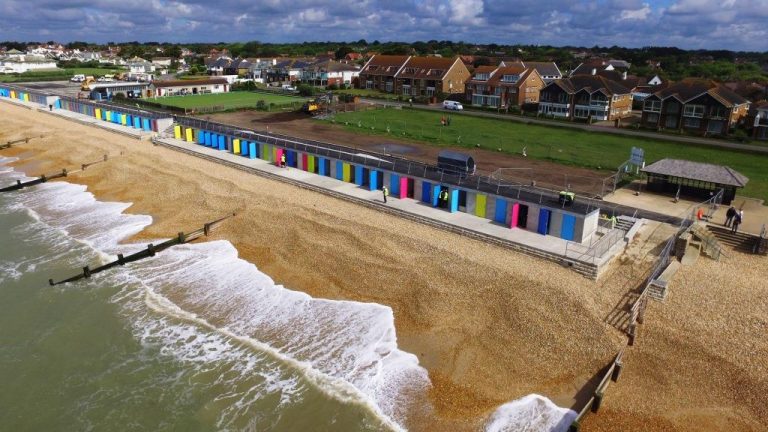Company
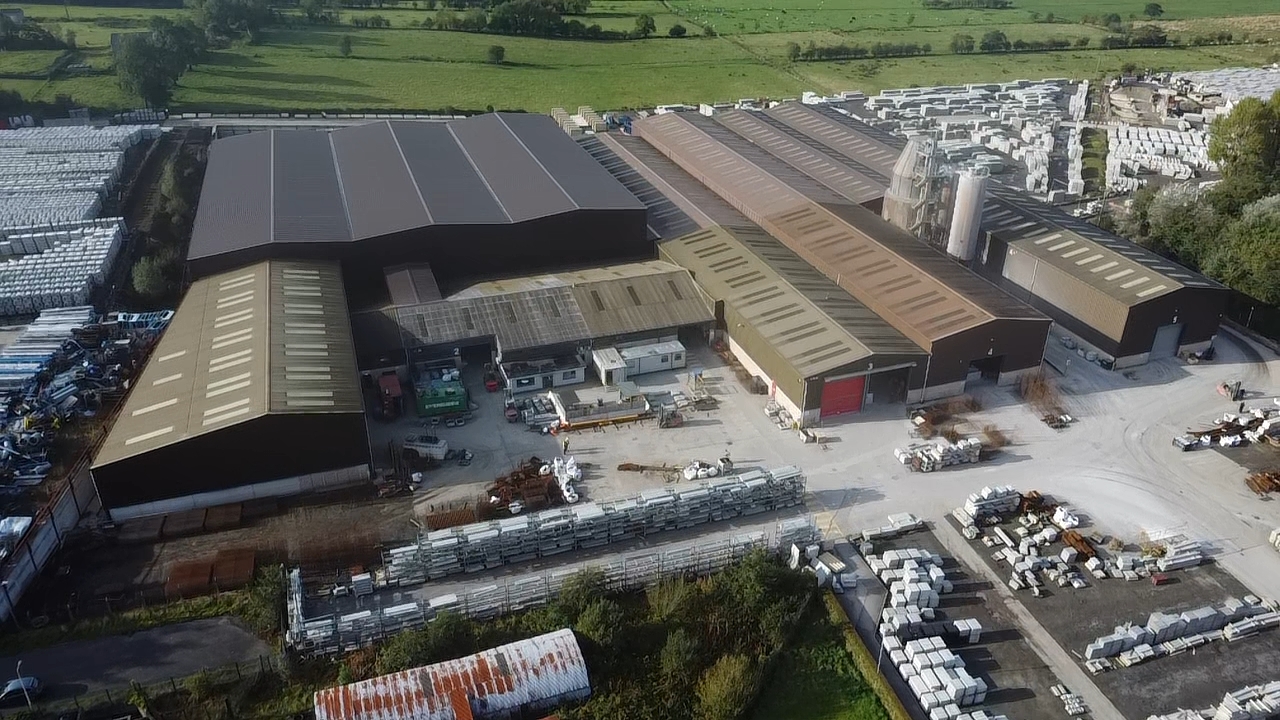
Sustainability has become a critical focus across industries, and Moore Concrete is proud to lead by example in adopting innovative, eco-conscious practices. For over two decades, Moore Concrete has been actively reducing its environmental impact. We can produce some of our products completely cement-free already and are continuously testing new mixes on this front.
This bold move reflects the company’s commitment to combatting climate change and fostering sustainable growth.
Through a combination of innovative research, responsible resource management, and adherence to internationally recognised standards, Moore Concrete is setting new benchmarks for sustainability in the precast concrete industry. Below, we delve into the company’s comprehensive environmental strategy and its role in shaping a greener future.
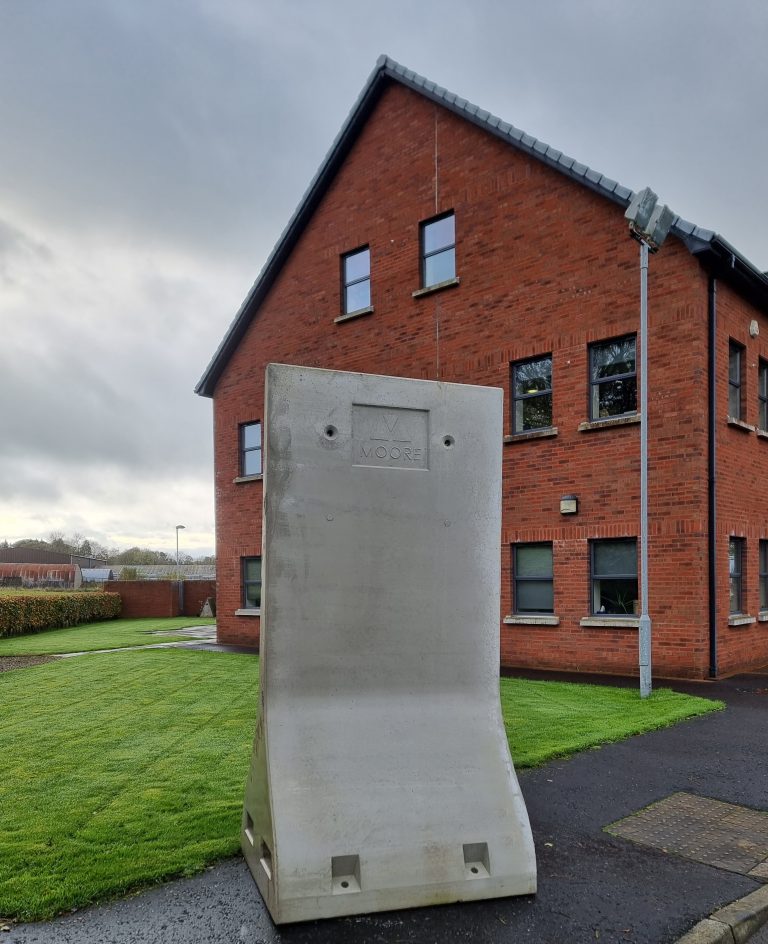
Why Cement-Free Matters
Cement is a key ingredient in traditional concrete, but its production is a significant contributor to global CO₂ emissions—estimated to account for nearly 8% of worldwide emissions. Cement manufacturing requires heating limestone to high temperatures, a process that releases large amounts of carbon dioxide.
Recognising this challenge, Moore Concrete has taken proactive steps to reduce its reliance on cement. The company has successfully integrated Ground Granulated Blast Furnace Slag (GGBS), a low-carbon alternative, into its concrete mixes for over ten years. In this time, we have consistently replaced 40-50% of Portland Cement in our products. Our research into using GGBS continues pushing the envelope where up to 80% of the Portland Cement content and higher is replaced. This change has reduced the carbon footprint of Moore Concrete’s products by over 50%, making a tangible difference in their environmental impact.
ISO 14001 Accreditation: Driving Sustainability Since 2013
Moore Concrete’s commitment to environmental excellence is exemplified by its ISO 14001 accreditation, first achieved in 2013. This internationally recognised standard ensures that the company systematically identifies and reduces environmental risks while continuously improving its sustainability practices.
Through ISO 14001, Moore Concrete has established robust systems for:
- Pollution prevention: Minimising emissions and waste.
- Resource conservation: Optimising the use of materials and energy.
- Compliance: Meeting or exceeding environmental regulations.
This accreditation is more than just a certification; it is a framework that underpins every aspect of Moore Concrete’s operations, from material sourcing to production and delivery.

Harnessing Renewable Energy
One of Moore Concrete’s standout achievements is its use of 100% renewable energy to power its factory. The energy is sourced from onshore wind farms, ensuring a clean, sustainable supply that reduces reliance on fossil fuels. This switch not only aligns with the company’s commitment to reducing greenhouse gas emissions but also supports the global transition to renewable energy sources.
Water Efficiency and Recycling
Water is another critical resource in concrete manufacturing, and Moore Concrete has taken significant steps to manage its use responsibly. Most of the water used in their processes is sourced from a borehole on-site, reducing reliance on municipal supplies. Additionally, excess water from production is cleaned and recycled, ensuring minimal waste. This efficient use of water reflects the company’s dedication to environmental stewardship.
Circular Economy and Local Sourcing
Moore Concrete’s approach to sustainability extends beyond its own operations to encompass the broader supply chain. The company is committed to a circular economy, where materials are reused, and waste is minimised. For example:
- Recycling steel and timber: Scrap materials from the manufacturing process are recycled, reducing waste and conserving resources.
- Local sourcing: Approximately 80% of Moore Concrete’s materials are sourced locally. This reduces transport-related emissions, supports the local economy, and strengthens ties with regional suppliers.
By prioritising local and sustainable sourcing, Moore Concrete not only enhances its environmental performance but also reinforces its role as a responsible corporate citizen.
Innovations for Sustainable Infrastructure
Moore Concrete has been at the forefront of research into low-carbon concrete solutions, particularly for marine and infrastructure applications. The company has developed marine-grade concrete with enhanced durability and resistance to corrosion, reducing the need for frequent repairs or replacements. This not only extends the lifespan of infrastructure projects but also lowers their overall carbon footprint.
In addition to its marine concrete innovations, Moore Concrete has introduced cement-free precast solutions for a variety of applications, including:
- Agricultural products: Durable, eco-friendly solutions for farmers.
- Precast walls and panels: Ideal for construction and industrial projects.
- Infrastructure components: Bridges, retaining walls, and other long-lasting, sustainable solutions.
These advancements demonstrate Moore Concrete’s ability to balance sustainability with the uncompromising quality and durability their clients expect.

Environmental Product Declarations (EPDs)
Transparency is a cornerstone of Moore Concrete’s approach. The company has published Environmental Product Declarations (EPDs), providing detailed information about the lifecycle environmental impact of its products. These EPDs empower customers to make informed choices that align with their sustainability goals, further cementing Moore Concrete’s reputation as a trusted partner in green construction.

Science-Based Targets: A Vision for 2030
Moore Concrete are 1 of only 4 UK-based precast concrete manufacturers who have set a Science-Based Target (SBT). These targets are designed to align with the Paris Agreement’s goal of limiting global warming to 1.5°C above pre-industrial levels. Specifically, Moore Concrete aims to:
- Reduce greenhouse gas emissions by over 42% by 2030.
- Continue investing in low-carbon technologies and practices.
By setting ambitious, science-backed goals, Moore Concrete is taking a leadership role in driving the construction industry toward a more sustainable future.
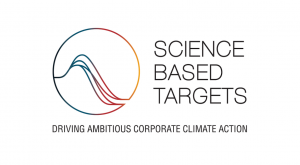
A Comprehensive Commitment to Sustainability
Sustainability at Moore Concrete goes beyond reducing emissions. It is about rethinking every aspect of the business to maximise efficiency, minimise waste, and protect natural resources. Key pillars of their strategy include:
- Innovative Materials: Replacing cement with low-carbon alternatives like GGBS.
- Energy Efficiency: Using renewable energy and optimising production processes.
- Community Engagement: Supporting local suppliers and contributing to regional economic growth.
- Continuous Improvement: Leveraging ISO 14001 principles to drive ongoing environmental enhancements.
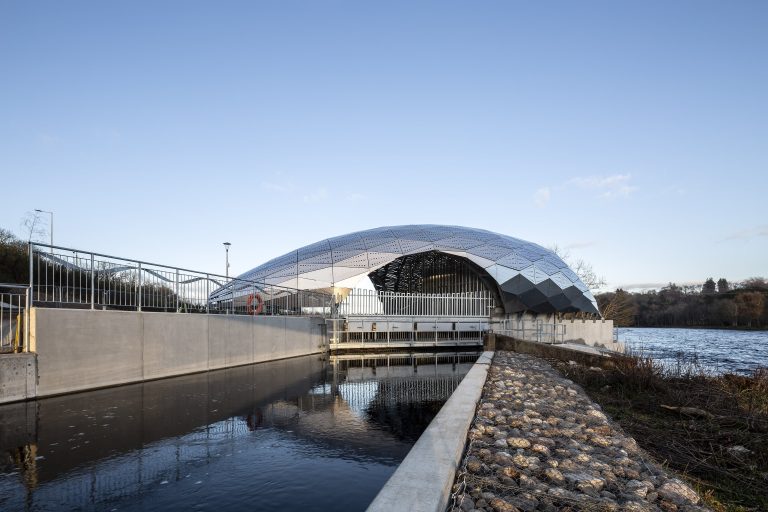
A Call to Action
Moore Concrete’s journey toward a cement-free future is a testament to the power of innovation and commitment. By choosing Moore Concrete, customers not only benefit from high-quality, durable products but also contribute to a more sustainable world.
Whether you’re planning an agricultural upgrade, a construction project, or an infrastructure development, Moore Concrete’s eco-friendly solutions provide the reliability and performance you need—without compromising the planet.
To learn more about Moore Concrete’s sustainability initiatives and explore their range of cement-free products, visit our Environmental & Sustainability page. Together, we can build a future that’s both strong and sustainable.
